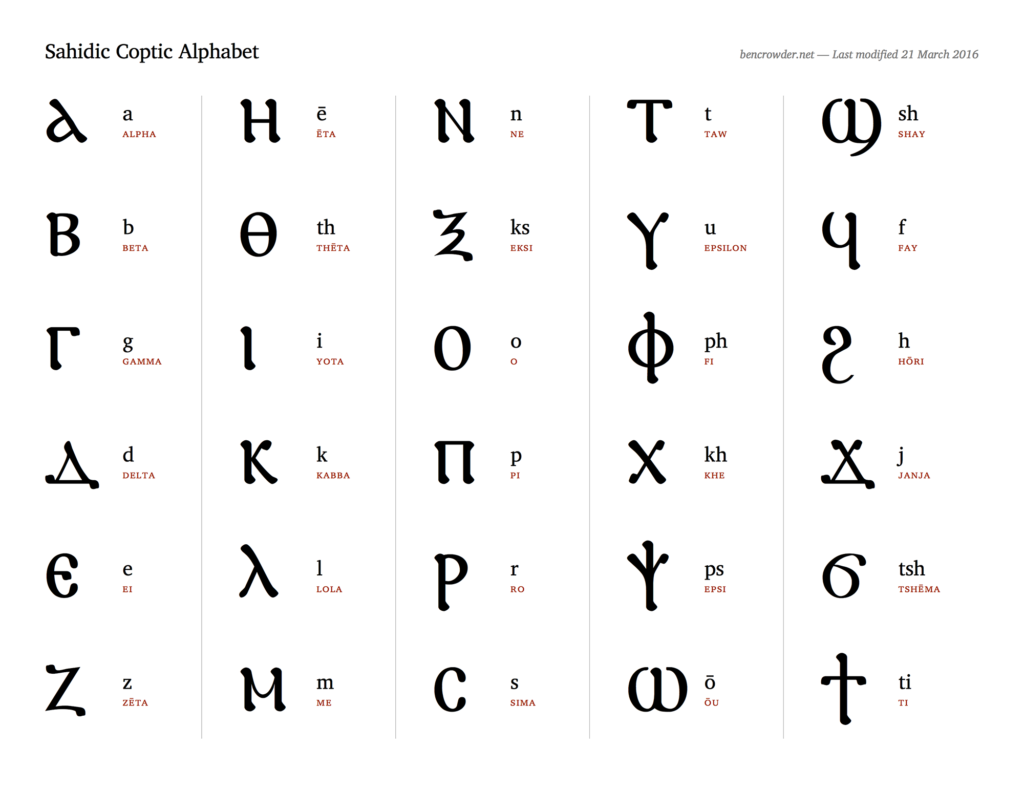
Arabic (Egyptian) Language Facts:Įgyptian Arabic is a dialect of Arabic spoken in Egypt, and more specifically, the prestige dialect spoken in the northern Nile Delta region and its urban centers Cairo and Alexandria. No matter what your Arabic (Egyptian) translation needs are, Translation Services USA can provide for them. We also offer services for Arabic (Egyptian) interpretation, voice-overs, transcriptions, and multilingual search engine optimization. In the age of globalization, you definitely would want to localize your website into the Arabic (Egyptian) language! It is a highly cost-effective investment and an easy way to expand your business! We can professionally translate any Arabic (Egyptian) website, no matter if it is a static HTML website or an advanced Java/PHP/Perl driven website.
#Egyptian language translator software
We have excellent Arabic (Egyptian) software engineers and quality assurance editors who can localize any software product or website. Our Arabic (Egyptian) translation team has many experienced document translators who specialize in translating many different types of documents including birth and death certificates, marriage certificates and divorce decrees, diplomas and transcripts, and any other Arabic (Egyptian) document you may need translated. Whether your Arabic (Egyptian) translation need is small or large, Translation Services USA is always there to assist you with your translation needs. Each translator specializes in a different field such as legal, financial, medical, and more. The closest living relatives of Egyptian are the Afro-Asiatic languages (such as Hebrew and Arabic), but they are separated by almost 5000 years.Our translation team consists of many expert and experienced Arabic (Egyptian) translators. Coptic is nowadays only used as a liturgical language for the Coptic church, and as such may not have a very extensive literature for translating into English, but you can always give it a look. Some words were also not actually written down and were supposed to be grasped from context (for instance it is suspected that articles, "pa" and "ta", were used in spoken language but were not written down until demotic).Īs for a language sounding like Egyptian, its closest relative today is Coptic, which unfortunately is almost dead. Egyptian did not write down most vowels and sounds have changed through its history as well as with regions. If it is supposed to be spoken Egyptian, also remember that for the most part, we do not know what Egyptian sounded like. The main stages are Old Egyptian, Middle Egyptian, Late Egyptian, Demotic and Coptic. Written Egyptian was mostly stable through its rather long life, but it went through several eras still with different grammars. The notes about it are quite useful to see some of the general difficulties involved into translating modern day texts into Egyptian, such as the lack of words for a variety of objects (umbrellas, wheelbarrows), plants and animals which did not exist in Egypt at the time, as well as words that are just unknown.Īlso you should decide what era of Ancient Egypt you use. Of note, the British Museum produced an Ancient Egyptian translation of Peter Rabbit Ask someone knowledgeable in Egyptology to give you a hand for it.This is a pretty good resource of Egyptian texts, although the transliteration isn't always provided but you can always try to find one via the references given. Check Egyptian texts for any similar sentences, if it exists.A good Egyptian dictionary might also be useful.

"Middle Egyptian" by James Allen is the most common one, I believe. Pick up an Egyptian textbook and try to grasp the basic grammar and try to construct a sentence from it.

If you want a semidecent translation of English into Ancient Egyptian, you can try several things : Ancient Egyptian also has the problem of being a language for which no automatic translation software exists, as far as I'm aware (translating things into Ancient Egyptian is not really a common problem). Unfortunately this problem is not specific to ancient Egyptian and automatic translation will generally not really be anywhere near understandable.


 0 kommentar(er)
0 kommentar(er)
